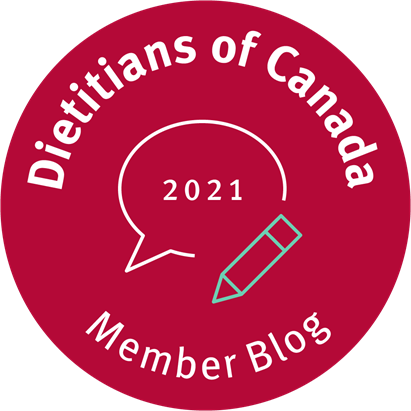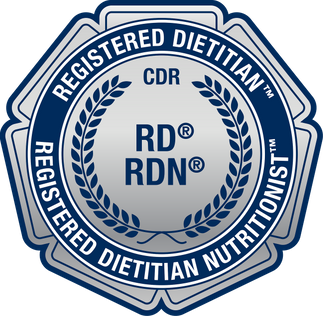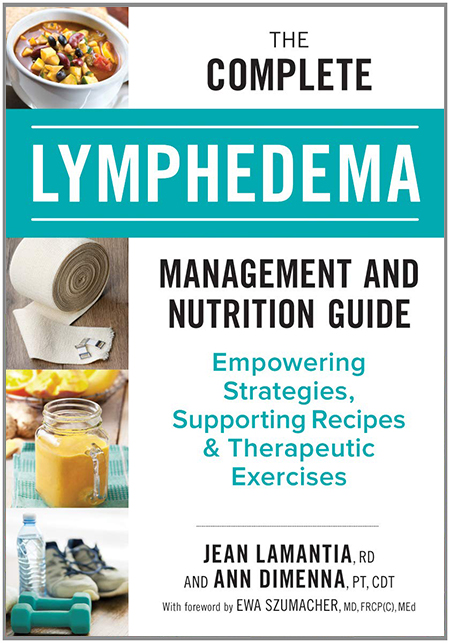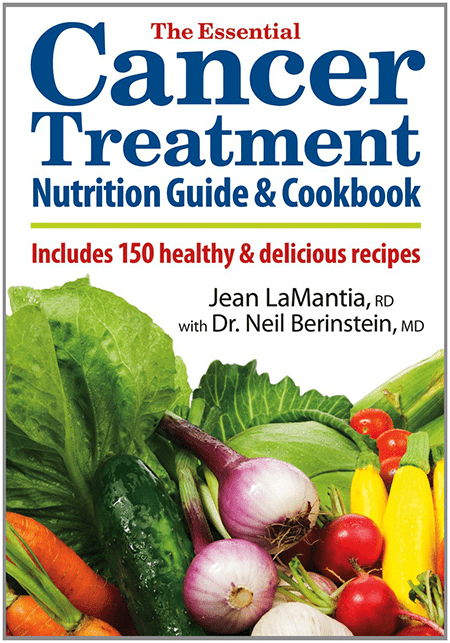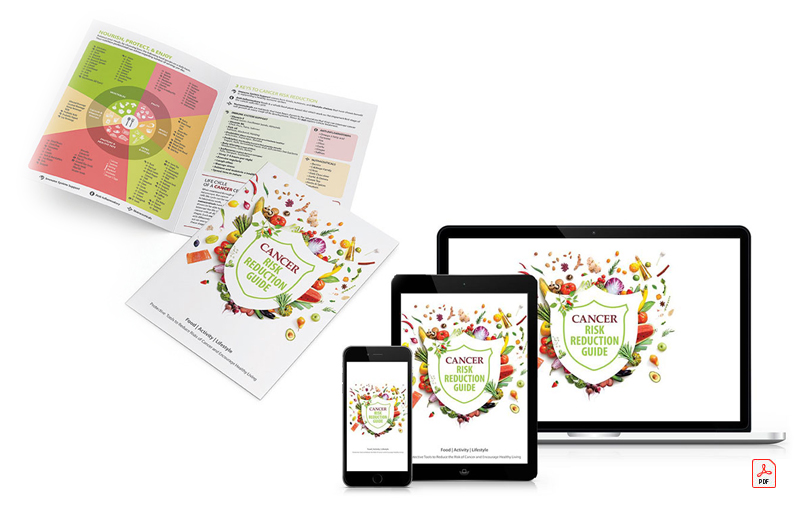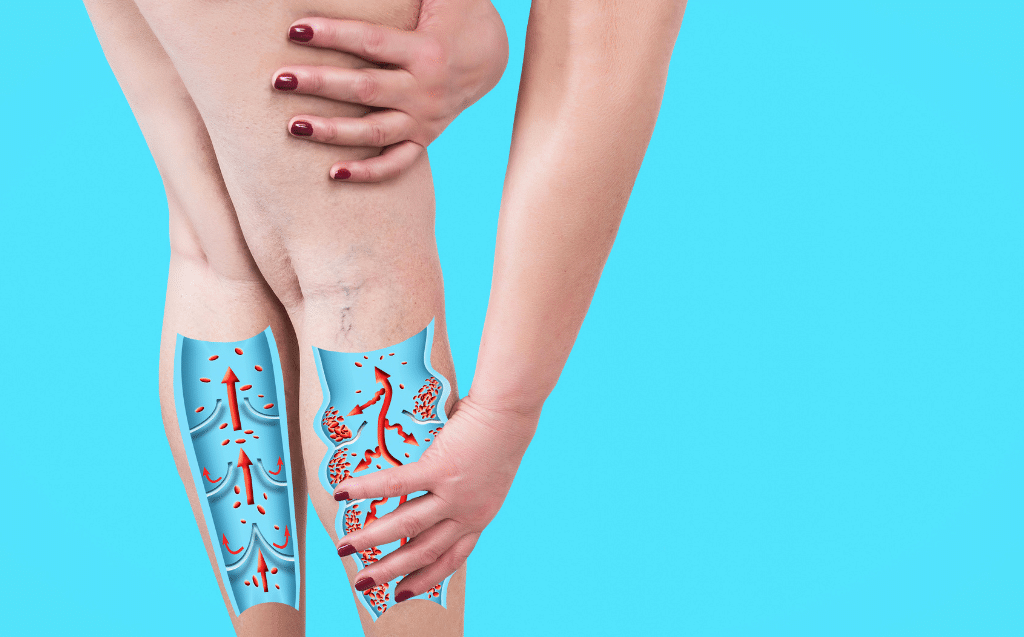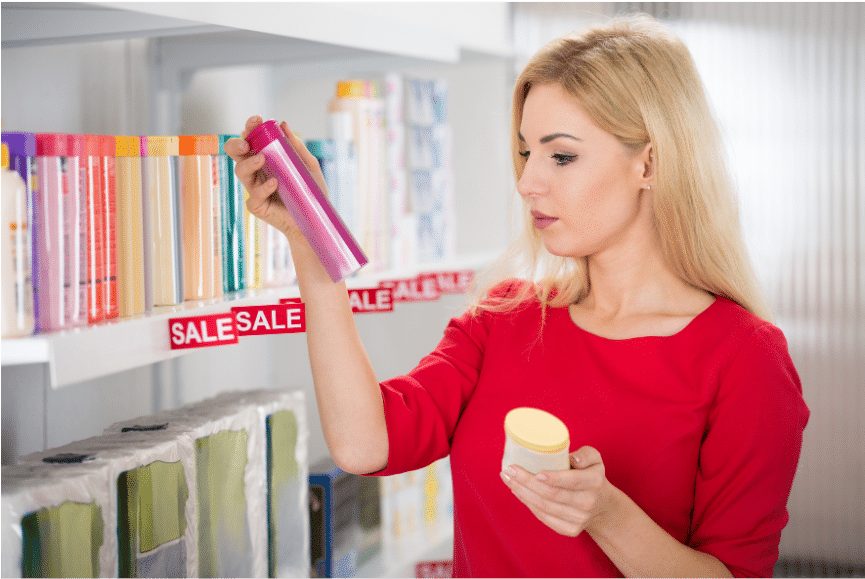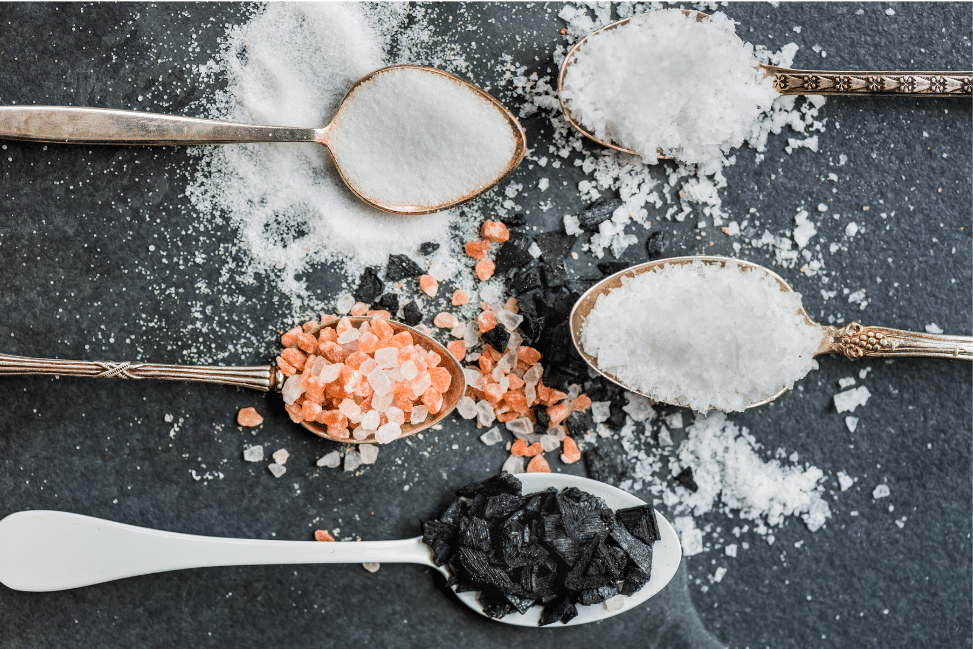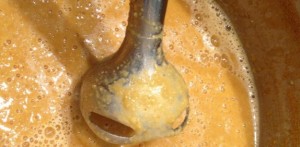
This session was called “Can Food Processing Enhance Cancer Protection?”
The topic itself might surprise you, as we tend to think when we process food that we are depleting nutrients. Turns out, it’s not that straight forward.
The Speaker was Marc Hendrickx, PhD from Center for Food and Microbial Technology in Leuven, Belgium
Background
Food processing includes fermentation, dehydration, freezing, heat processing, (canning and pasteurization) and separation processes like dry milling.
The benefits of food processing include:
- Protection from microbial contamination
- Ablility to preserve a food for year round use
- Reduced food shortages
- Convenience
A couple of generations ago, families would preserve what they grew and store it in their root cellars. Now food preservation means, that a busy family can heat up frozen lasagna and not have to make every dinner from scratch.
As you might imagine, there are some downsides to food processing;
- Loss of heat sensitive nutrients like vitamin C
- Exposure of food to additives and preservatives
- Higher sugar content
- Energy required for processing and transportation
Dr. Hendrickx reports that his work is to determine what nutrients consumers need in their diet and to work backwards “from the fork to the farm” through the food chain to figure out how to make foods more nutritious. Traditionally, not much focus has been paid to nutrients that might be lost during processing and his work aims to reverse engineer healthy foods.
Seemingly simple things like whether you crush food first then heat it or the other way around can make a difference on the nutrients in the final food. It’s not just the amount of the nutrient in the food that he studies either; he considers the amount that is available for absorption by your body – called bioavailability.
However, there was no simple answer to my question when I asked him “what should I tell members of my community is the best way to prepare their foods?”
His answer – “it depends.”
It depends on which nutrient you are trying to preserve. If it’s vitamin C, then you should crush the food first then heat it. But, if folate is your priority, heat it first, then crush it. So, which way to prepare your tomato sauce or your broccoli soup? If possible, incorporate a bit of both methods in your preparation. Also, have a variety of meals in your diet so you have recipes that do both on a regular basis.
Bottom line
We need a variety of foods and methods to prepare our meals. Food processing is not detrimental to all nutrients, in some cases, it can make the nutrient more bioavailable (more on this in my next blog post).

